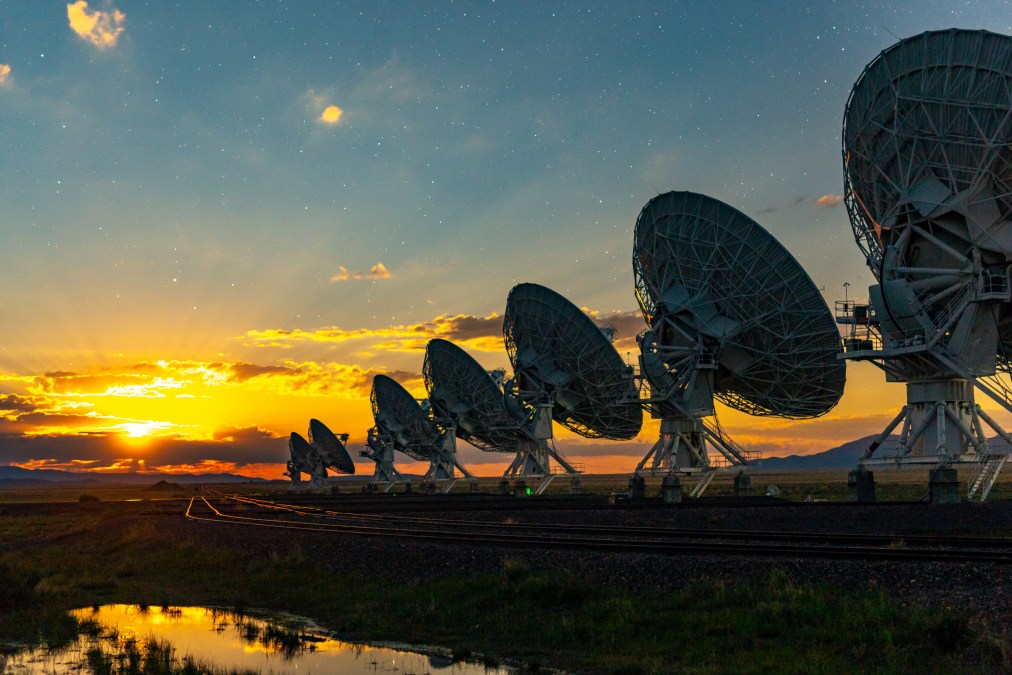National Science Foundation, Simons Foundation launch two AI institutes for astronomy

Two new artificial intelligence institutes announced by the National Science Foundation on Wednesday will focus on astronomy, with the aim of using the budding technology to advance humans’ understanding of the universe.
The institutes, which will be funded by NSF and the Simons Foundation, add to the agency’s existing 26 AI institutes across the country. Each new institute will receive $20 million over five years, which breaks down to $10 million from NSF and $10 million from the Simons Foundation, according to a press release from the agency.
“Astronomy has incredibly rich and open data sets and is poised for more deep and profound inquiry,” David Spergel, president of the Simons Foundation, said in a statement included in that release. “AI offers novel tools that can use this data both to produce transformative results and to develop tools that can have impact in other fields.”
The two new centers will be called the NSF-Simons AI Institute for Cosmic Origins, abbreviated NSF-Simons CosmicAI, and the NSF-Simons AI Institute for the Sky, abbreviated NSF-Simons SkAI. According to the release, the work of those institutes also won’t be limited to advancing AI for astronomy alone.
“Both institutes aim to advance the capabilities of AI beyond just astronomical sciences so it can become a more useful tool for all scientific disciplines involving large datasets, sophisticated models and the iterative process of generating and experimentally testing theories,” according to NSF.
The NSF Simons CosmicAI, for its part, will be led by the University of Texas at Austin in collaboration with the University of Utah, University of Virginia, UCLA, and NSF’s NOIRLab, which focuses on nighttime astronomical science, and its National Radio Astronomy Observatory, which is made up of multiple radio telescope facilities around the U.S. and Chile.
That institute will work “to accelerate traditionally time-consuming aspects of astronomical research, such as processing and analyzing large amounts of data and creating and evaluating simulations of complex phenomena like the chemical processes within stars,” according to the release.
The NSF-Simons SkAI institute, meanwhile, will be led by Northwestern University in collaboration with the University of Chicago, University of Illinois Urbana-Champaign, University of Illinois Chicago, and the Chicago-based Adler Planetarium.
It will focus on what the release called “exceptionally complex problems in astrophysics and astronomy,” including the physics of exotic objects (such as black holes and neutron stars), the formation of galaxies, and the roles of dark matter and dark energy.
In remarks included in the release, NSF Director Sethuraman Panchanathan pointed to the vast amount of data that will come from large projects such as the Vera C. Rubin Observatory, which is a joint operation by the agency and the Department of Energy, saying the information is “simply too vast and rich to be fully explored with existing methods.”
“With reliable and trustworthy AI in their toolbox, everyone from students to senior researchers will have exciting new ways to gain valuable insights leading to amazing discoveries that might otherwise remain hidden in the data,” Panchanathan said.
The photo used is licensed under Creative Commons Attribution 3.0 Unported.






